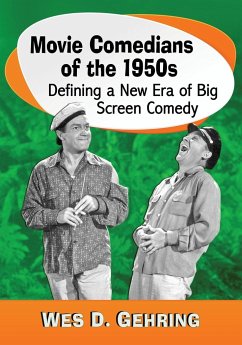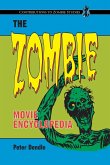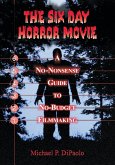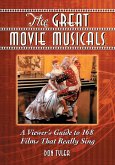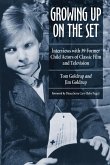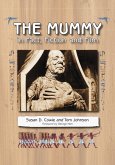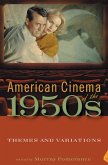The 1950s were a transitional period for film comedians. The artistic suppression of the McCarthy era and the advent of television often resulted in a dumbing down of motion pictures. Cartoonist-turned-director Frank Tashlin contributed a funny but cartoonish effect through his work with comedians like Jerry Lewis and Bob Hope. A new vanguard of comedians appeared without stock comic garb or make-up--fresh faces not easily pigeonholed as merely comedians, such as Tony Randall, Jack Lemmon and Tony Curtis. Some traditional comedians, like Charlie Chaplin, Red Skelton and Danny Kaye, continued their shtick, though with some evident tweaking. This book provides insight into a misunderstood decade of film history with an examination of the "personality comedians." The talents of Dean Martin and Bob Hope are reappraised and the "dumb blonde" stereotype, as applied to Judy Holliday and Marilyn Monroe, is deconstructed.
Hinweis: Dieser Artikel kann nur an eine deutsche Lieferadresse ausgeliefert werden.
Hinweis: Dieser Artikel kann nur an eine deutsche Lieferadresse ausgeliefert werden.
